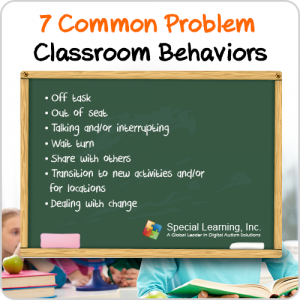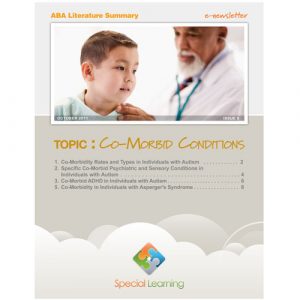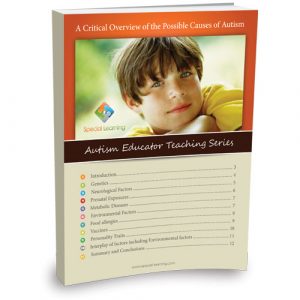Screening Tools Used During A Developmental-Behavioral Screening
A screening tool is a checklist or questionnaire used by professionals, such as nurses, teachers, trained paraprofessionals, and medical professionals, in assessing developmental delays in children. Specific screening tools can be used for certain disorders like Autism, while other screening tools are designed to assess a particular area of development such as in language or physical or motor skills.
Screening tools do not provide conclusive evidence of developmental delays and do not result in diagnosis (CDC, 2010). A thorough examination and evaluation by medical professionals such as a Developmental-Behavioral pediatrician or a Developmental Psychologist is needed to obtain a valid diagnosis.
What to consider when selecting a screening tool
There are several considerations in selecting the right screening tool for a particular child. According to the Center for Disease Control and Prevention (CDC), medical professionals should look for the following:
- The child’s characteristics such as age and risk factors;
- The actual setting where the screening tool will be utilized;
- Domains covered by the screening tool such as what questions are essential and what type of developmental delay or condition is to be detected;
- Psychometric Properties such as how sensitive the screening tool can be in identifying children who show signs of developmental delays or conditions and how specific the screening tool is in identifying children who are in fact developing normally.
There are several types of screening tools that Developmental-Behavioral pediatricians and other medical professionals utilize to help them evaluate autism spectrum disorders.
These are:
General Developmental Screening Tools
- Ages and Stages Questionnaires (ASQ)
- Battelle Developmental Inventory Screening Tool, 2nd ed (BDI-ST)
- Bayley Infant Neurodevelopmental Screen (BINS)
- Brigance Screens-II
- Child Development Inventory (CDI)
- Child Development Review-Parent Questionnaire (CDR-PQ)
- Denver-II Developmental Screening Test
- Infant Development Inventory
- Parents’ Evaluation of Developmental Status (PEDS)
Language and Cognitive Screening Tools
- Capute Scales (also known as Cognitive Adaptive Test/Clinical Linguistic Auditory Milestone Scale [CAT/CLAMS])
- Communication and Symbolic Behavior Scales-Developmental Profile (CSBS-DP): Infant Toddler Checklist
- Early Language Milestone Scale (ELM Scale-2)
- Motor screening tools Early Motor Pattern Profile (EMPP)
- Motor Quotient (MQ)
- Autism screening tools Checklist for Autism in Toddlers (CHAT)
- Modified Checklist for Autism in Toddlers (M-CHAT)
- Pervasive Developmental Disorders Screening Test-II (PDDST-II), Stage 1-Primary Care Screener
- Pervasive Developmental Disorders Screening Test-II (PDDST-II), Stage 2- Developmental Clinic Screener
- Screening Tool for Autism in Two-Year-Olds (STAT)
- Social Communication Questionnaire (SCQ) (formerly Autism Screening Questionnaire-ASQ)
Individual implementation of these screening tools takes less than 15 minutes and requires only about 2 minutes of professional time (CDC, 2010).
The American Academy of Pediatrics (AAP) does not approve or endorse any specific tool for screening purposes. There is no single checklist or questionnaire specifically designed to diagnose autism spectrum disorders.
Reference:
Center for Disease Control and Prevention. cdc.gov. Screening and Diagnosis for Healthcare Providers. Retrieved July 19, 2011, from http://www.cdc.gov/ncbddd/autism/hcp-screening.html
Resources:
Use Special Learning’s Early Autism Screening Checklist the moment you suspect that your child might have Autism.
Copyright © by Special Learning Inc. All right reserved.
No part of this article may be reproduced in any manner whatsoever without written permission except in the case of brief quotations embodied in critical articles and reviews. For information, contact Special Learning Inc., at: contact@special-learning.com








